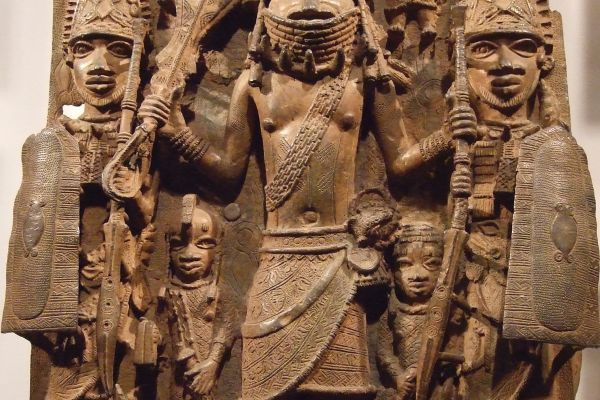The Theory of Life delves into the intricate tapestry of existence, exploring how scientific principles and philosophical inquiries intersect to define what it means to be alive. This article examines..
02/10/24 • 400 Views
Introduction
Life, in all its complexity, has intrigued humanity for centuries. From the earliest philosophical musings to modern scientific inquiries, the question of what constitutes life continues to spark debate and curiosity. This article seeks to explore the theory of life by examining biological, evolutionary, and philosophical perspectives.
The Biological Perspective
At its core, life is defined by certain biological criteria: organization, metabolism, growth, adaptation, response to stimuli, and reproduction. These characteristics help distinguish living organisms from inanimate matter. For instance, the cell is often regarded as the basic unit of life. It is the building block from which all living organisms are formed, performing essential functions that sustain life.
The Evolutionary Perspective
Charles Darwin’s theory of evolution by natural selection provides a framework for understanding how life has developed over millions of years. Through variation, competition, and adaptation, species evolve, leading to the rich biodiversity we see today. This perspective not only explains the interconnectedness of life forms but also highlights the transient nature of existence, as species adapt or face extinction in response to changing environments.
The Philosophical Perspective
Philosophy adds a rich layer of complexity to the theory of life. Questions surrounding consciousness, identity, and the meaning of existence have long occupied thinkers from various traditions. Philosophers like Aristotle pondered the essence of life, while existentialists like Jean-Paul Sartre explored the absurdity and freedom of human existence. The relationship between life and consciousness remains a profound area of inquiry, raising questions about what it truly means to be “alive.”
Interdisciplinary Connections
The intersection of biology, evolution, and philosophy invites an interdisciplinary approach to understanding life. Advances in fields like genetics and neurobiology inform our philosophical debates about free will and identity. Conversely, philosophical insights can shape our ethical considerations in areas such as biotechnology and conservation.
Conclusion
The theory of life is not a singular narrative but a multifaceted exploration of existence. By weaving together scientific discoveries and philosophical inquiries, we can better appreciate the complexity of life and our place within it. As we continue to unravel the mysteries of life, one thing remains clear: the quest for understanding is as vital to our existence as the very life we seek to comprehend.
This exploration not only enriches our knowledge but also inspires a sense of wonder about the intricate web of life that connects us all.









